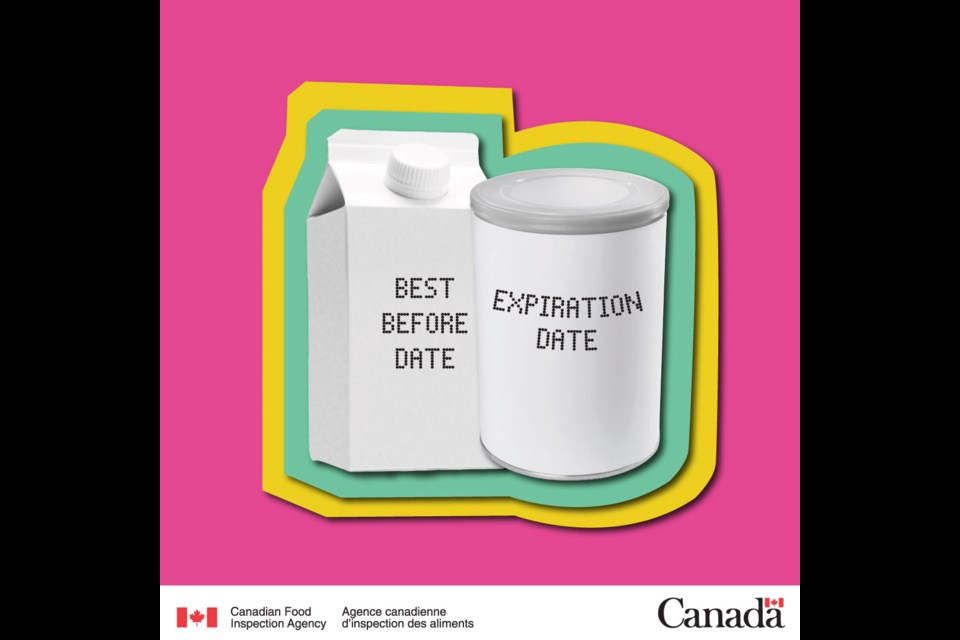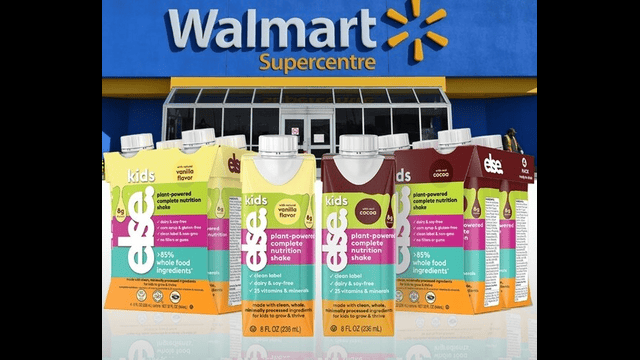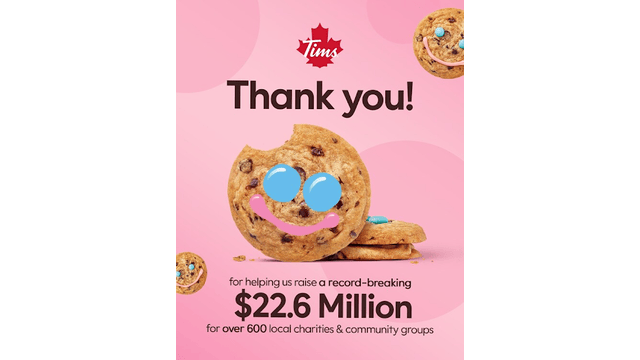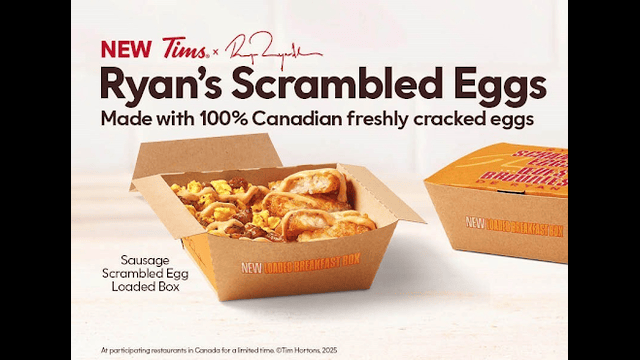
Understand food labels for informed choices. Canadian Food Inspection Agency clarifies best before vs. expiration dates to aid consumers. (Canadian Food Inspection Agency)
Understanding the information provided on food product labels is crucial for making informed decisions about dietary choices. In an effort to assist consumers in making better dietary decisions, the Canadian Food Inspection Agency has disseminated public information regarding food package labeling.
One key aspect of food labels is the "best before" date, which primarily focuses on the quality rather than the safety of the product. This date indicates how long an unopened, properly stored food product will maintain its freshness, taste, nutritional value, and other qualities claimed by the manufacturer. It is important to note that a best-before date is distinct from an expiration date, as it provides insights into the freshness and potential shelf-life of the item.
For products with a shelf life of 90 days or less, best-before dates are generally required. However, it's essential to understand that these dates only apply to unopened packages. Even if the best-before date has passed, food can still be safe to consume, provided there are no signs of spoilage and proper storage practices have been followed. Stale cereal, for example, remains safe to eat beyond its best-before date.
Products with a shelf life of 90 days or more, classified as "shelf stable," may not necessarily have a best before label, although many manufacturers and retailers choose to include one. This category includes items like canned goods, dry foods such as pasta, and frozen foods.
While modifying a product label is illegal, selling a product past its best before date is legal. However, the nutritional value may diminish, or the texture may change. For instance, juice products may have a lower Vitamin C content beyond the best before date.
Dr. Sandeep Tamber, a research scientist with Health Canada, emphasizes the importance of adhering to storage instructions after opening a package. Once opened, the quality of the food begins to degrade, urging consumers to consume it promptly as a measure to reduce food waste.
Expiration dates, unlike best before dates, signify that certain foods should not be consumed after a specified date. It is illegal to sell or consume products past their expiration date, as they have strict compositional and nutritional specifications that cannot be guaranteed beyond that point.
Some food products require expiration dates, such as formulated liquid diets, meal replacements, nutritional supplements, and human milk substitutes. These are critical for individuals relying on these foods for their complete caloric and nutritional intake.
If you come across food being sold past its expiration date, you can report it to the Canadian Food Inspection Agency. Additionally, packaged on dates, similar to best before dates, are used for foods packaged at retail with a shelf life of 90 days or less. These dates provide information about the expected duration of quality and freshness for unopened food products.
These regulations are enforced by the Canadian Food Inspection Agency, acting on standards set by Health Canada. For further information, individuals can visit Inspection.Canada.ca or contact the Canadian Food Inspection Agency toll-free at 1-800-442-2342.















